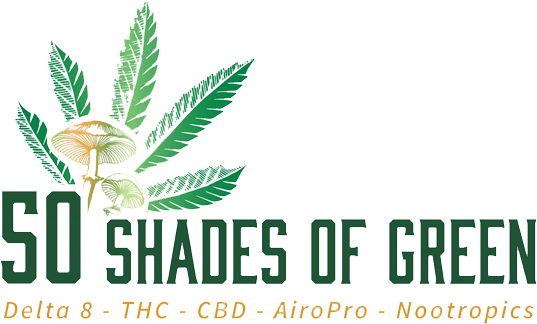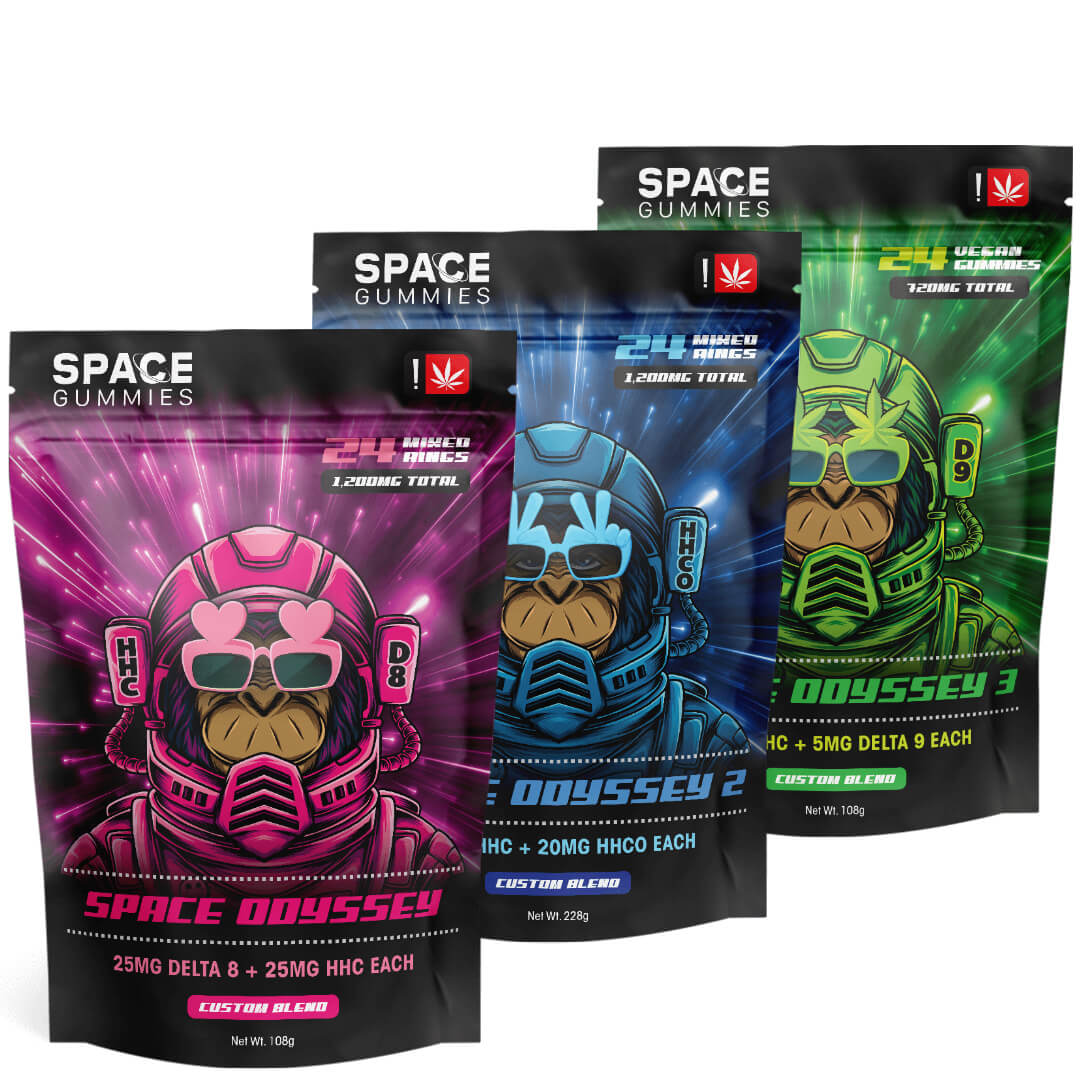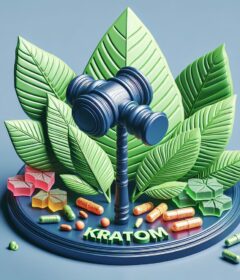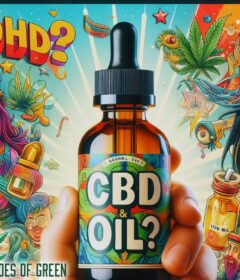DEA Hemp Industry Collide
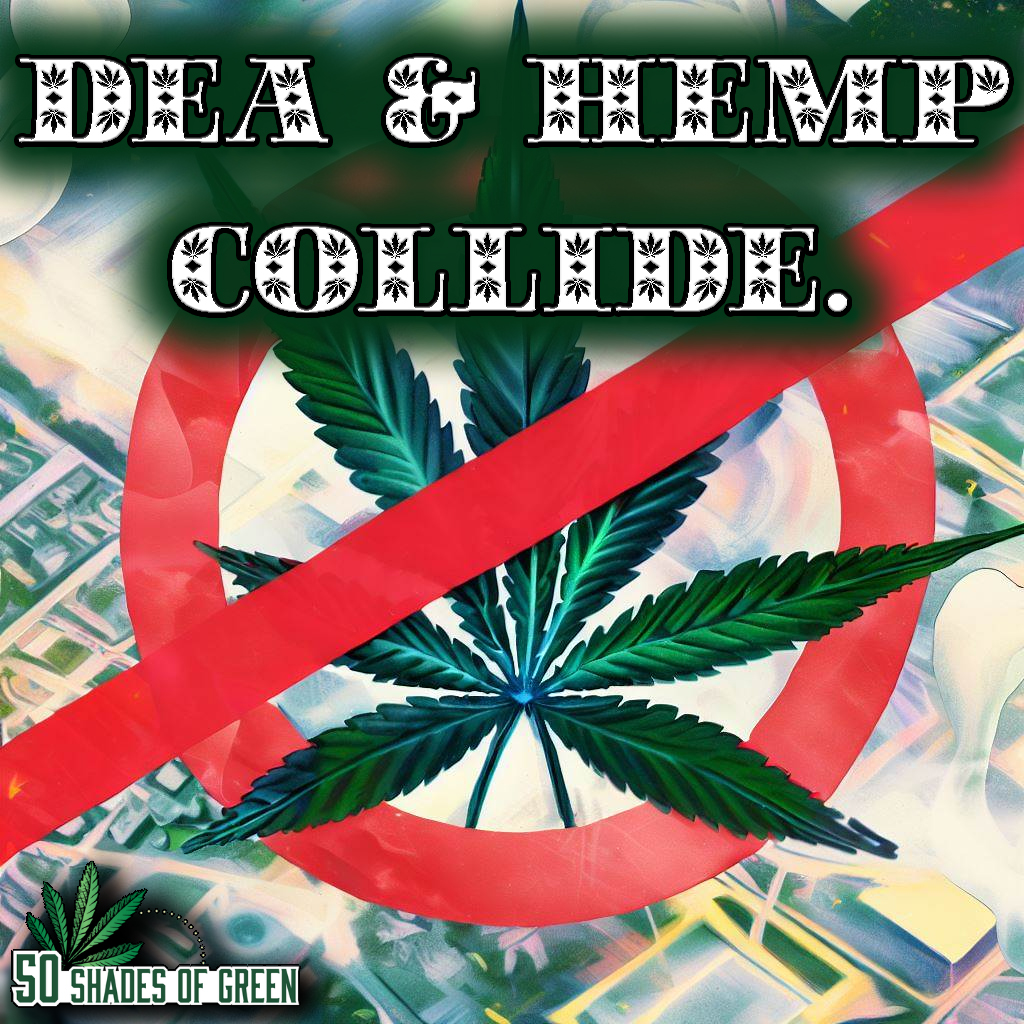
The Drug Enforcement Administration (DEA) is considering its legal position concerning cannabinoids such as THCA, delta-8 THC, and hydrogenated CBD.
DEA Hemp Industry Confuses Continues
Online reports mention the agency has addressed the confusion surrounding the legal status of minor cannabinoids under the Controlled Substances Act (CSA) in a letter dated June 9.
These minor cannabinoids are categorized as tetrahydrocannabinol. If a product contains naturally derived cannabinoids and its delta-9 THC content does not exceed 0.3%, it is considered legal hemp.
However, if the THC limit is exceeded, the cannabinoid is classified as a Schedule I controlled substance. DEA hemp industry implications would seriously harm small businesses and consumers alike at a time when our economy is fragile.
Attorney Rod Kight, who analyzed the document written by Terrance Boos, the chief of DEA’s Drug and Chemical Evaluation Section, and shared it on Reddit, suggests that it should be read and understood carefully. It is still unclear who requested the DEA to provide further information regarding the scheduling status of cannabis components.
Kight points out that this DEA statement will likely confuse a complicated legal landscape. Technically, it should be interpreted as a restatement that hemp producers must comply with the total THC test to harvest their hemp. The 2018 Farm Bill’s definition of hemp specifies that the delta-9 THC levels matter, not the levels of THCA.
Delta 8, DEA, and Legal Loophole
The regulation of delta-8 THC remains an unresolved issue that needs attention. This contentious hemp-derived intoxicating cannabinoid has impeded efforts to reform the cannabis industry for years.
Delta-8 THC is a naturally occurring chemical component that can have a mild psychoactive effect on some people. It is similar to delta-9 THC but happens in much smaller amounts in cannabis plants.
Recent industrial methodologies have enabled the conversion of delta-8 THC from CBD derived from hemp. As the DEA hemp industry fiasco continues, it’s vital to remember the 2018 Farm Bill legalized hemp but did not provide clear guidance on testing for THC content in hemp-derived products.
RELATED: Is Delta 8 Legal in Your State?
Delta 8, DEA, and Legal Loophole
The regulation of delta-8 THC remains an unresolved issue that needs attention. This contentious hemp-derived intoxicating cannabinoid has impeded efforts to reform the cannabis industry for years.
Delta-8 THC is a naturally occurring chemical component that can have a mild psychoactive effect on some people. It is similar to delta-9 THC but happens in much smaller amounts in cannabis plants.
Recent industrial methodologies have enabled the conversion of delta-8 THC from CBD derived from hemp. As the DEA hemp industry fiasco continues, it’s vital to remember the 2018 Farm Bill legalized hemp but did not provide clear guidance on testing for THC content in hemp-derived products.
This has created a legal loophole that some companies are exploiting by selling products that contain high levels of THC, even though they are labeled as hemp products.
Over the years, concerns about the safety of delta-8 THC have been raised. Ensuring the safe conversion of CBD molecules into THC molecules requires a skilled and experienced chemist, as imprecise techniques could lead to dangerous impurities in the final product.
The DEA hemp confusion has led to the statement that all synthetically created cannabinoids are classified as Schedule I substances. The agency is currently formulating a final rule, which is expected to emphasize the prohibition of synthetic cannabinoids following existing laws.
What is the significance of delta-9 THCA, HHC, and H4-CBD?
Although delta-9 THCA is not a substance that causes intoxication, the DEA has stated that when determining the legality of a plant such as hemp or marijuana, delta-9 THCA must be considered in a post-decarboxylation test for “total THC.” This rule specifically applies to the production of hemp.
THCA, or tetrahydrocannabinolic acid, is the natural form of THC in raw cannabis plants. Through decarboxylation, THCA transforms into delta-9 THC by releasing its carboxylic acid group when heated.
According to Boos, cannabis-derived delta-9-THCA cannot be classified as hemp under the CSA (Controlled Substances Act) because, when converted for identification purposes as required by Congress, it is essentially equivalent to delta-9-THC.
However, Kight’s analysis highlights that hemp derivatives like delta-9 THCA are federally permissible if they contain less than 0.3% delta-9 THC, in compliance with the Farm Bill.
Additionally, hexahydrocannabinol (HHC) and hydrogenated CBD (H4-CBD) are prohibited because they do not naturally occur in cannabis plants and can only be obtained synthetically. As a result, they do not fall within the definition of hemp, as stated in the letter.
H4-CBD represents the introduction of hydrogenation into the cannabis industry. Hydrogenation involves chemists adding hydrogen atoms to cannabinoid molecules, resulting in a chemical reaction that transforms the active cannabinoid into a different, often more potent form.
HHC, also known as 11-Nor-9β-hydroxyhexahydrocannabinol, is a semi-synthetic cannabinoid and a hydrogenated version of THC.
